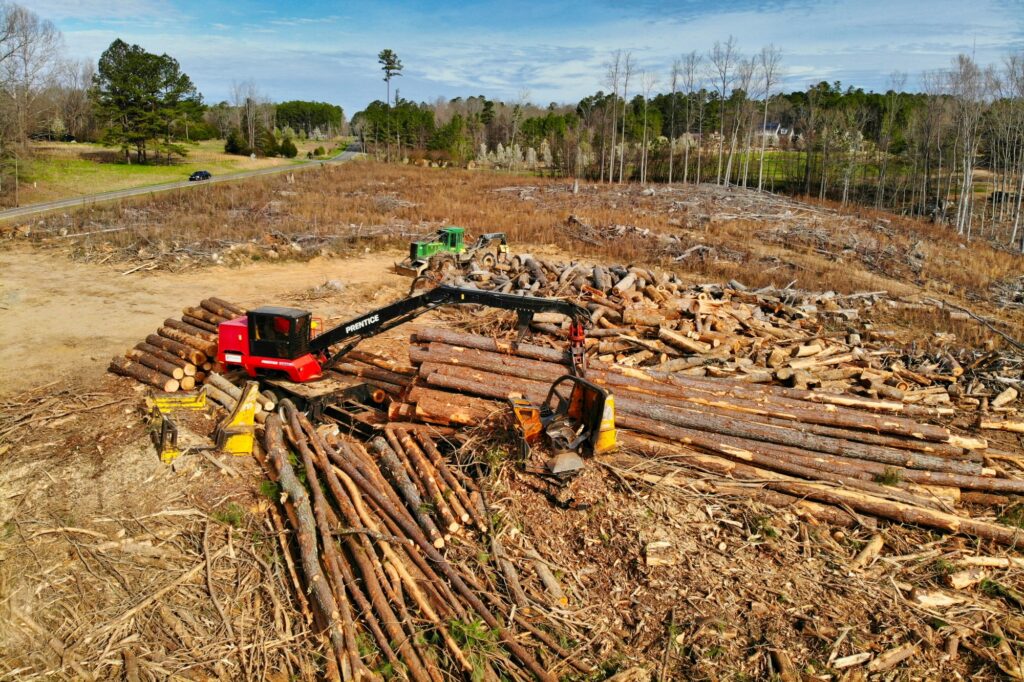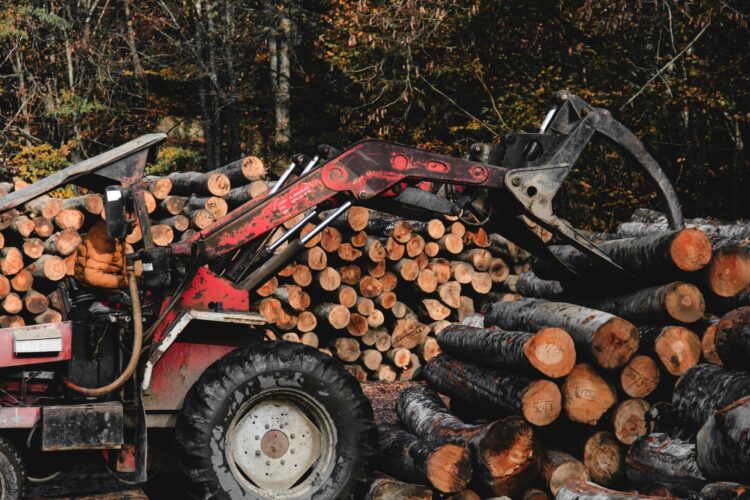On January 16, 2025, the Fix Our Forests Act was introduced to the House during the 119th Congress. This act could very well alter the environmental landscape and policy of the United States. The bill has already passed the House and is currently making its way through the Senate to the dismay of many conservationists.
This bill claims to improve forest health by reducing wildfire risk and better adapting the forests to a changing climate. However, opponents are quick to point out the deceptive nature of its name as the bill essentially opens up many public forests to logging and bypasses important environmental safeguards.

The Bill
The Fix Our Forests Act claims to have forest health and management at the forefront of its priorities. It seeks to expedite environmental reviews in order to cut costs and planning times for forest management projects. These reviews include the National Environmental Policy Act of 1969 which requires the environmental impact of all federal projects to be considered before execution. Interestingly, the Fix Our Forests Act would completely exempt certain activities, notably “vegetation management activities” (or logging), from such reviews. The bill also seeks to end “frivolous litigation” that supposedly delays necessary forest management projects. The reason for this is that such litigation is apparently preventing the government from implementing needed management projects to remedy fire-prone areas of forest. The idea of wildfire-risk is largely stressed as rationale throughout the bill for all of these actions. This bill would also limit consultation requirements concerning threatened and endangered species. The act seemingly promotes forest health, wildfire prevention, and boasts about unleashing the power of the American logging industry. By incentivizing more logging, this bill claims that it would also increase the number of jobs for Americans.
Most of this has stemmed from the Trump Administration’s continued campaign of accessing the United States’ natural resources and raw materials. However, the bill has notably seen bipartisan support from both sides of the political aisle, something very rare in recent times.

Probably Not So Good
Though the bill’s main reason for most of its actions is wildfire risk, which may have some validity due to this country’s previous unhealthy forest management practices, opponents are quick to highlight its true intentions.
First, many argue that cutting costs is not worth jeopardizing the safety of our forests. By expediting environmental reviews, the Fix Our Forests Act would undermine and bypass many important environmental protection laws like the Endangered Species Act, which protects the ecosystems on which endangered plants and animals depend on, previously mentioned National Environmental Policy Act. These laws serve as a crucial line of defense for the conservation of public lands.
Also, by reducing the litigation against federal agencies, opponents argue the act limits the ability of citizens to file lawsuits that would hold these agencies accountable for any damages done to the environment. Since this is an important check on our government that allows citizens to partake in decision making, being able to ensure that such review is not impeded is crucial. It is important that the public, citizens and scientists alike, are able to participate in these review processes.
Finally, perhaps one of the more controversial aspects among many others, the bill enables the logging of our forests by exempting this activity from any environmental review. It is not hard to see why many people would object to such a practice as the impact of logging on ecosystems is widely known. Though the bill prides itself in its wildfire prevention agenda, many point out that logging only makes forests more prone to wildfires. The act also allows for the logging of old-growth forests, which are ancient and important ecosystems for many species. However, old-growth forests are naturally fire resilient. This has caused many to question the actual intention behind the bill’s supposed wildfire mitigation practices. Also, by getting rid of these natural fire protectants, fire risk could actually be increased.
Many organizations have pushed back against the Fix Our Forest Act because of the potential harm it poses to the environmental review process and the forests of the United States. Over 100 groups have signed and sent a letter to senators urging them to oppose the bill as it makes its way through the Senate. As Earthjustice Senior Legislative Representative Blaine Miller-McFeeley put it, “This bill instead would codify the Trump administration’s attacks on our national forests and open the door for the timber industry to recklessly log our forests under the guise of forest management.”












